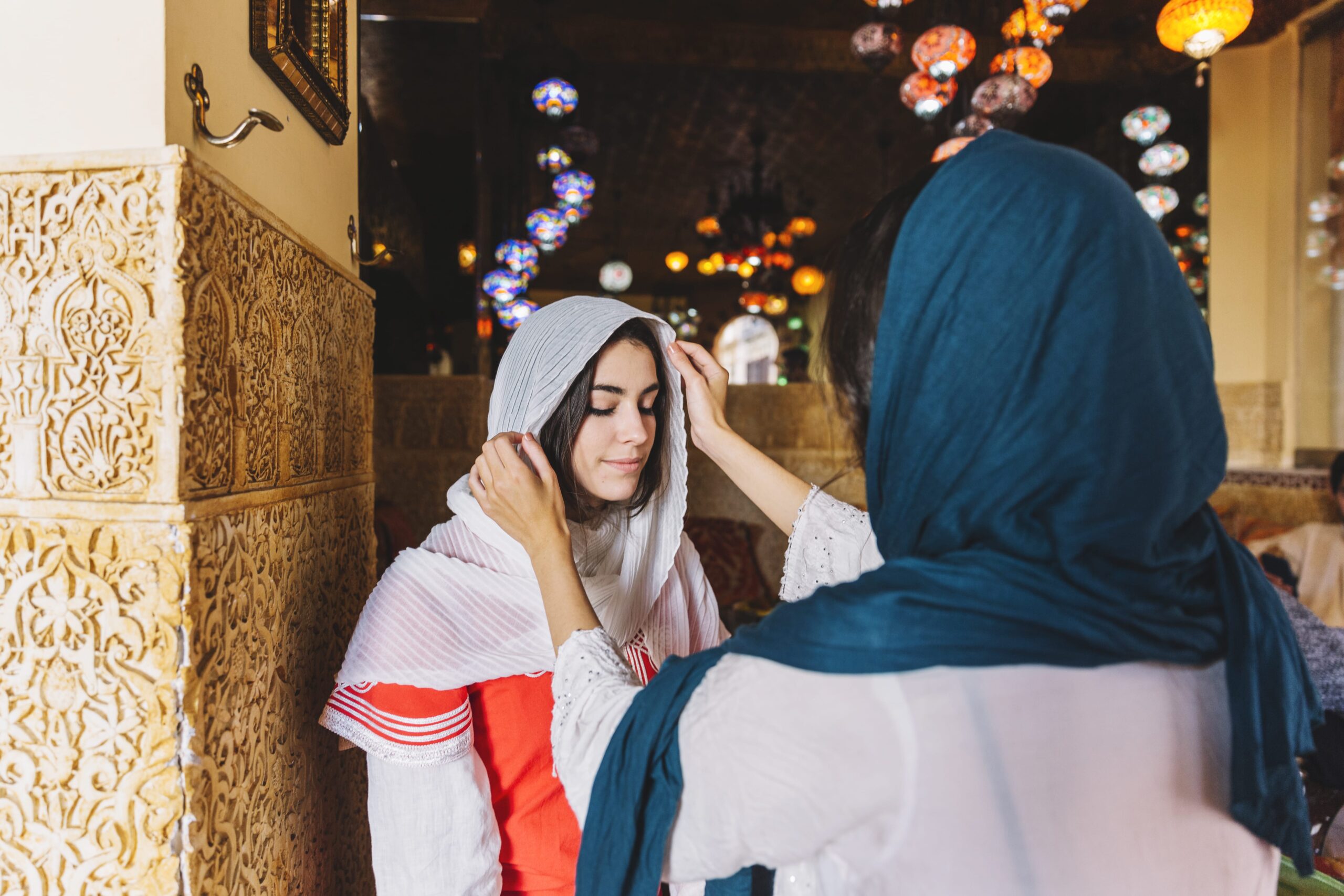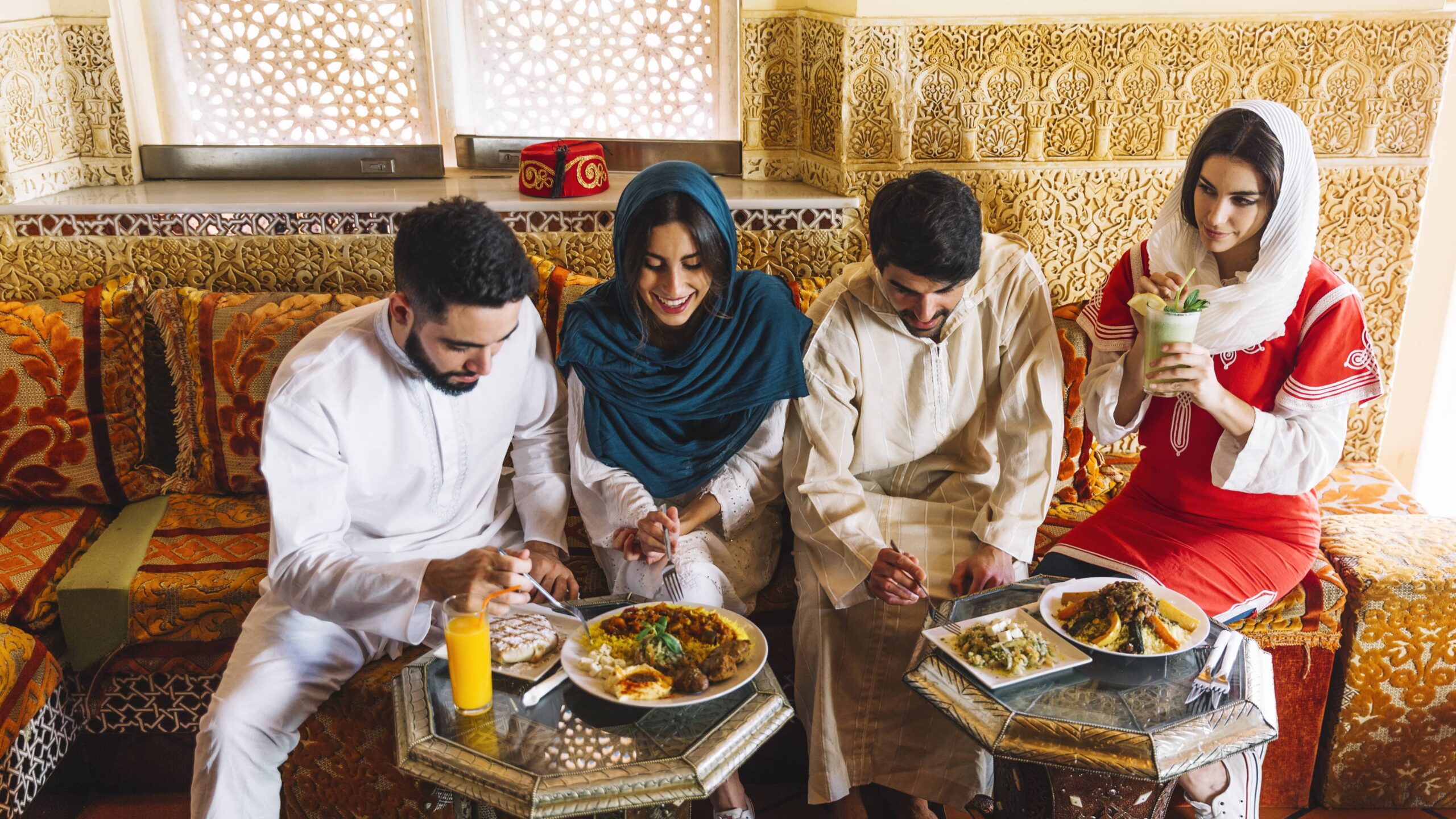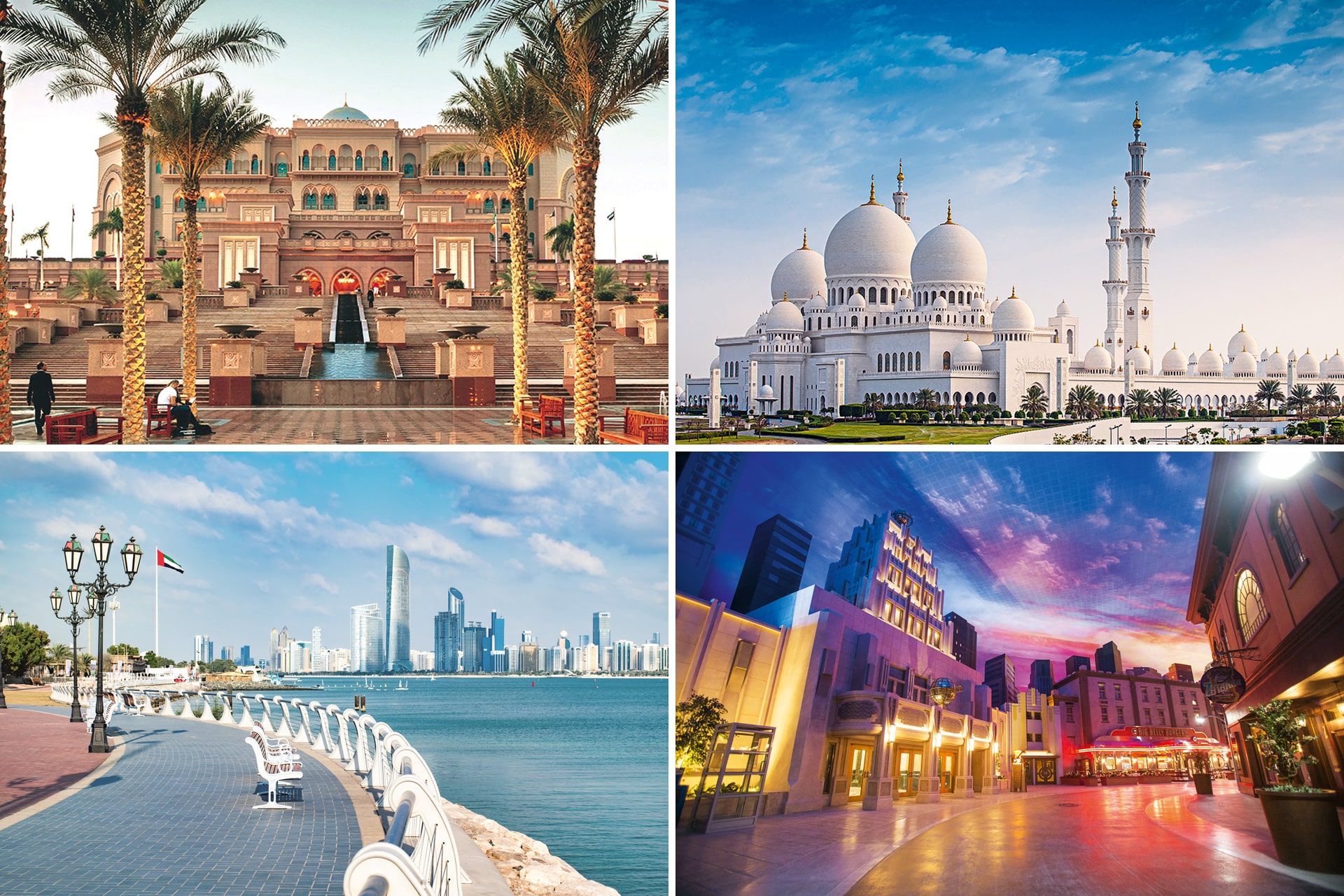Ramadan, the ninth month of the Islamic lunar calendar, is a period of deep spiritual reflection, fasting, and community for Muslims worldwide. In Abu Dhabi, the capital of the United Arab Emirates (UAE), Ramadan is observed with profound reverence, influencing daily routines, business operations, and social interactions. For travellers planning a visit during this sacred month, knowing the cultural nuances and making the necessary preparations can enhance the experience and ensure respectful engagement with local customs.
During Ramadan, Muslims abstain from eating, drinking, smoking, and other physical needs from dawn until sunset. This fast is one of the Five Pillars of Islam, aimed at fostering self-discipline, gratitude, and compassion for the less fortunate. Pre-dawn meals are known as ‘Suhoor.’ The daily fast is broken with a meal called ‘Iftar,’ often commencing with eating dates and water, followed by a larger meal.
In Abu Dhabi, the rhythm of life adjusts to accommodate the fasting duration. Working hours for public and private sectors are typically reduced. Many businesses and government offices operate on shortened schedules. It’s highly advisable to check specific timings in advance to plan your activities accordingly.
As a visitor in this region, displaying respect for local customs during Ramadan is paramount. Here are some vital guidelines to help you navigate this period appropriately:
Did you know that the tradition of using cannons to announce the breaking of the fast (Iftar) is still practised in some parts of the UAE during Ramadan? While modern methods like the call to prayer are widely used, some areas maintain this historical custom, adding a dramatic and evocative element to the Iftar experience.
While daytime dining options during this period may be limited, the city comes alive in the evenings.
Abu Dhabi’s attractions remain accessible during Ramadan, though operating hours may vary.
Visiting Abu Dhabi during Ramadan offers a unique cultural immersion. The city oozes a serene atmosphere, and the emphasis on community and charity is palpable. Engaging with local traditions, participating in Iftar gatherings, and following the customs can provide a profound and enriching experience.
By approaching your visit with cultural awareness and sensitivity, you not only show respect to the host community but also gain a deeper understanding of the significance of Ramadan in the Islamic world.
In overview, travelling to Abu Dhabi during Ramadan requires considerate preparation and an open mind. By adhering to local customs in Abu Dhabi, adjusting to modified schedules, and utilising services like those offered by Morafiq, you can secure a respectful and fulfilling visit during this sacred time.







